The first Thanksgiving isn’t what you think.
No grand feast. No friendly Native Americans. And no turkey.
Just settlers gathering to pray 75 days after landing in a dangerous place following a rough and stormy trans-Atlantic trip.
That first Thanksgiving took place at today’s Berkeley Plantation on the banks of Virginia’s James River after 38 British settlers landed on Dec. 4, 1619, two years before the more famous festivities in Plymouth, Mass. They celebrated “a day of thanksgiving to Almighty God,” reading from the Book of Common Prayer. There was no grand meal. In fact, they likely fasted, a common practice during religious days in those times.
“Initially, a day of thanksgiving was something done by the church,” says Frank Clark, who supervises Historic Foodways, a Colonial Williamsburg department. “It was a religious thing. They would spend the day fasting and praying. There really is not a meal associated with it.”
They were following orders of the London-based Berkeley Company, which purchased 8,000 acres between what is now Williamsburg and Richmond to build a community of farms, storehouses, and homes. The company declared their arrival day must be yearly and perpetually kept holy. They followed those orders for two years until the native Powhatans attacked Berkeley on March 22, 1622, killing 347 people in several settlements.
Read more here.
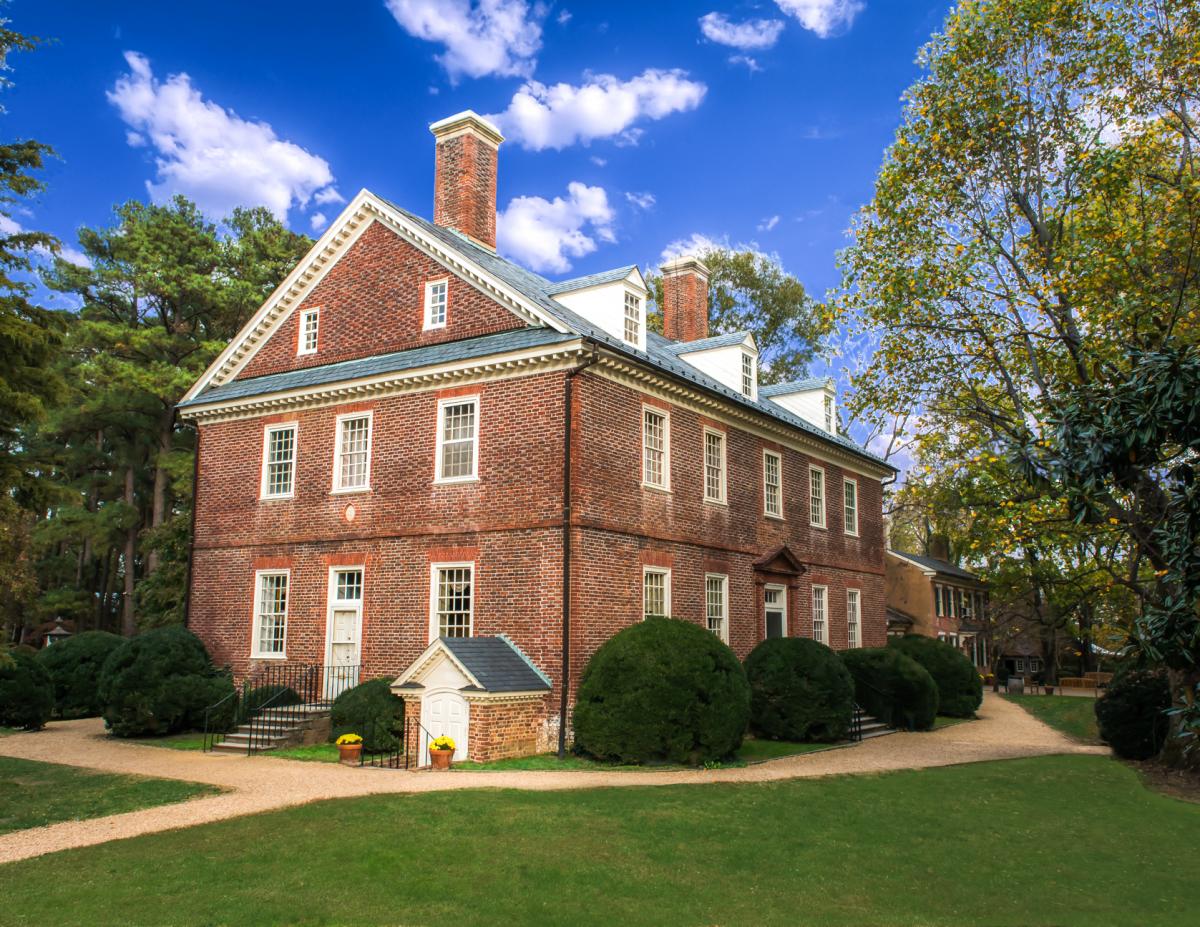
The Real First Thanksgiving
1 Comment
Leave a Reply
Latest from Culture

Livy, A Narrator of History
"Even in his own time he was known as the greatest of Roman historians."
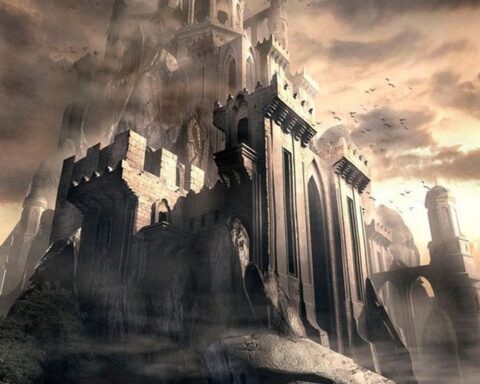
“The Castle of Time” by Lord Dunsany
Presently there was a stir in one of the houses, and a bat flew out of the door into the daylight, and three mice came running out of the doorway down the
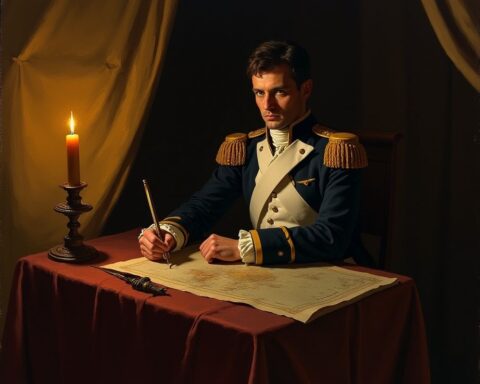
A Compact Renewed
It was the fourth of July, 1809, and thunderous, close evening. In Lobau, the largest of the five islands on the Danube, where were the imperial headquarters, the huge machinery of war,
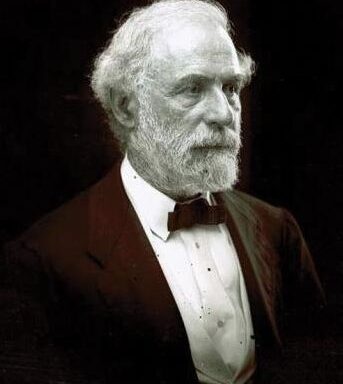
A Memory of Robert E. Lee
"Everyone obeyed him, not because they feared but because they loved him."

The Venerable Bede
"Arising from the gloom of a dark age, he is still considered one of the most illustrious of the learned men of England."


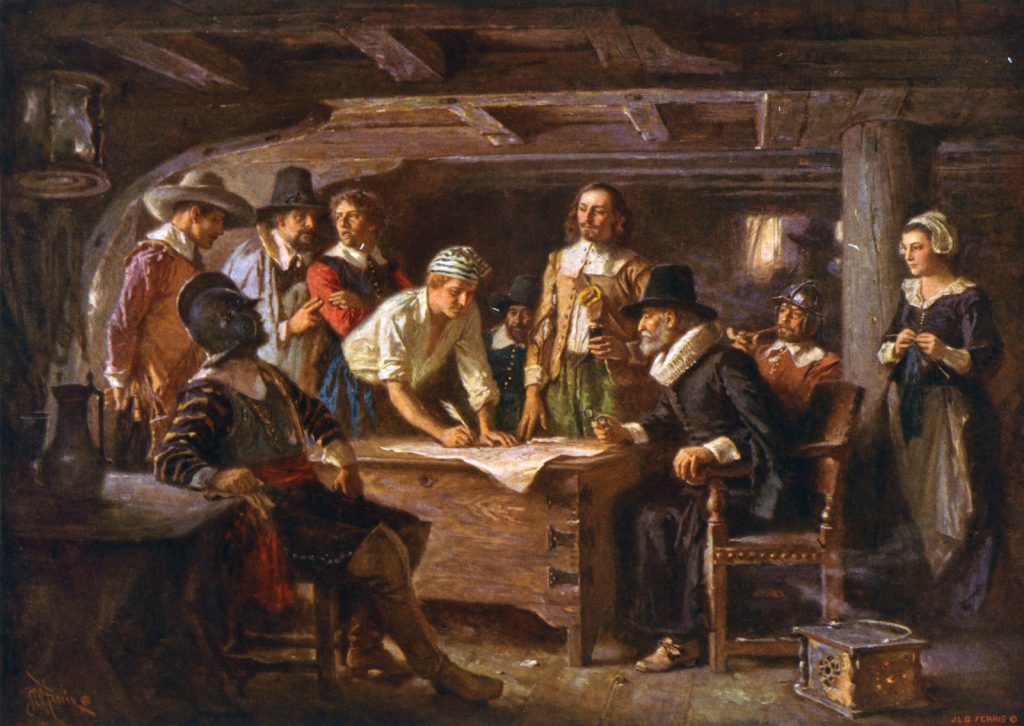

5